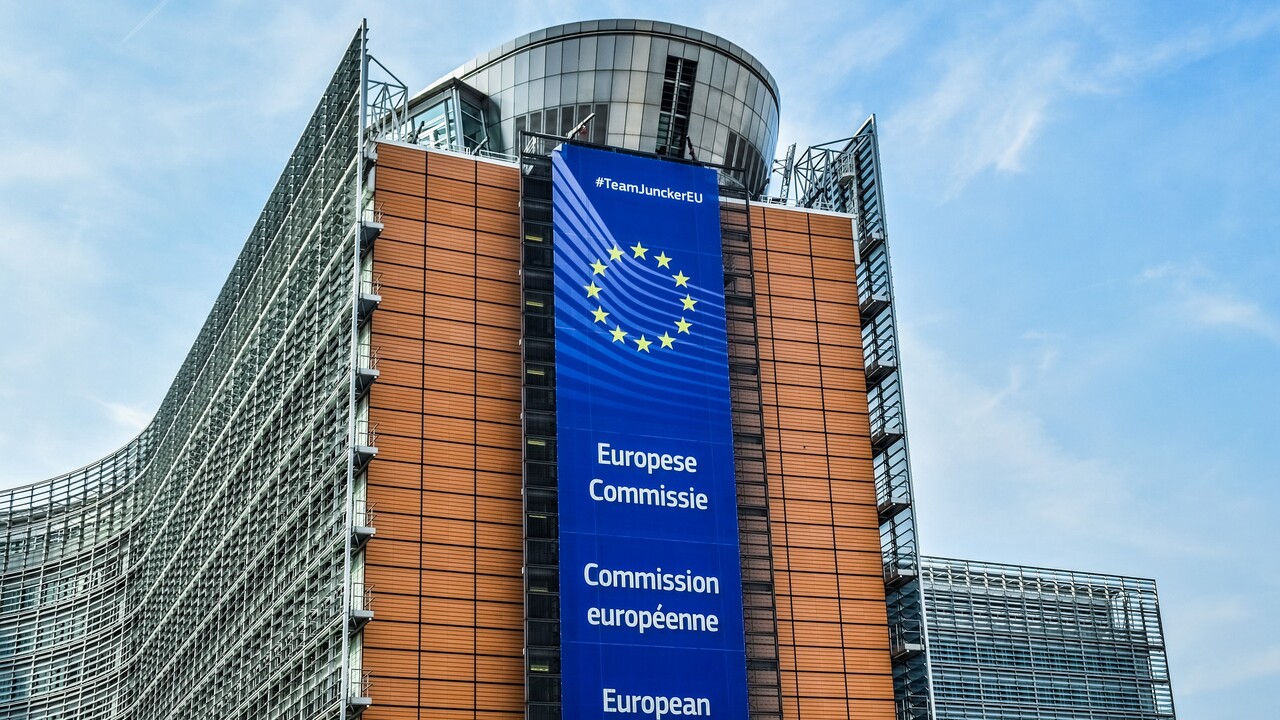For iOS 19 and iOS 20: EU Forces Apple to Support New Features for iPhone and iPad 52 comments

Image: Dimitrisvetsikas1969 | CC0 1.0
The European Commission has published a long list of features that Apple must integrate into iPhones and iPads until iOS 19 and iOS 20 so as not to violate the Digital Markets Act (DMA). The group responded quickly.
The DMA came into effect in March 2024 and forced third-party app stores and the downloading of apps from the internet to be banned for iPhones and iPads. This should ensure fair competition if large companies like Apple are large parts of an ecosystem. The group’s implementation has so far not gone far enough for the European Commission, which is why new features are now necessary. These features are relevant.
With these requirements, the EU wants to work on the interoperability required by the DMA, i.e., better cooperation between non-Apple hardware and Apple hardware. The iPhone and iPad are affected—the list is long:
As beta by the end of 2025: (~iOS 19.2) Third-party accessories such as in-ear headphones must be connected to the iPhone like AirPods. iNOS apps must no longer be terminated in the background or WiFi/Bluetooth access must be restricted if this information is transferred to third-party devices. (Rings, Armrest) and third-party paywalls. The iPhone must seamlessly replace WiFi access data with third-party devices. iPhones must be able to exchange important files and video data with third-party devices via WiFi-to-WiFi. The EU would like the implementation of Wi-Fi Aware 4.0. Integration of iOS notifications with third-party smartwatches (includes interaction and display of the same). By 01.06.2026: (~ iOS 19.5) Automatically changing the audio output device when using supported headphones from third-party providers. It is necessary to be able to develop an alternative to AirDrop that is equally equal (speed, integration into apps, etc.). As a result, the iPhone may need to support multiple protocols for short-distance data transmission. By the end of 2026: (~ iOS 20.2) Developers may need to be able to develop an alternative to AirPlay that is equal to AirPlay. As a result, the iPhone may need to support multiple protocols for real-time screen transmission. Complete equality for all iOS apps that send data from third-party devices in the background. For example, retrieving weather data in the background and transferring it to the smartwatch. Complete implementation of the technical foundations for an AirDrop alternative. Appl e The as yet unreleased Wi-Fi Aware 5.0 is expected to integrate for data transfer in the final months after release.
Thousands of Thousands of Persistent … Additionally, Apple should provide a status page for all developers so they can see how their interoperability requests and functional implementations are progressing. Apple is also required to report annually to the EU Commission.
New Guidelines After Review
The published requirements are therefore thorough and result from the EU review that began in September, the interim results of which were also sent to Apple in December. Even then, the EU outlined the opening of features such as AirDrop and AirPlay, but left room for comments from third-party providers. Now that the guidelines are final, Apple must implement them immediately.
Apple: “Bad for our users”
The group has been aware of the situation for months, and its response to Brussels’ final requirements is tempting Apple to be harshly critical. As the group has described it in various media outlets, the requirements are “bad for our European products and users.” The requirements shroud Apple in bureaucracy and slow down innovation. New features would be provided free of charge to businesses, but they are not covered by the DMA and therefore fall under the same requirements.
Today’s decisions shroud us in red tape, slowing Apple’s ability to innovate for users in Europe and forcing us to offer our new features free of charge to businesses that don’t have to play by the same rules. This is bad for our products and for our European users. We will continue to work with the European Commission to help them understand our concerns on behalf of our users. Apple
Macrumors
Not only Apple affected
The DMA isn’t just focused on Apple: The European Commission has also issued requirements against Google. Along with Alphabet, Amazon, Booking.com, Bytedance, Meta, and Microsoft, there are currently six other gatekeepers under EU scrutiny. Depending on the company, different markets/ecosystems are being monitored.
More information on the Digital Markets Act: Manipulative designs at Amazon, Google, Meta, and others. Windows under the Digital Markets Act: Users have more freedom and can install Edge and Bing. Apple, Google, and Meta. Topics: Apple
DMA (Digital Markets Act) iOS, iPad, iPadOS, iPhone, and other platforms. Net policy, Smartphones, Tablets. Source: EU Commission

Léa tests tablets for their performance, versatility, and ability to meet creative and professional needs.


